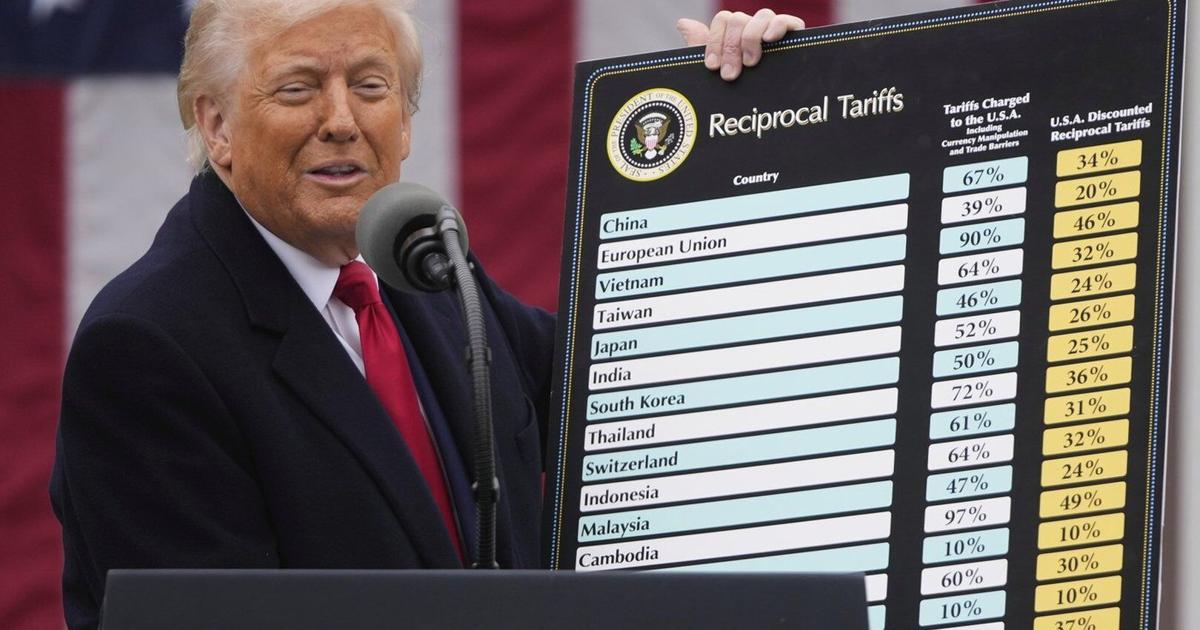Dubbed the ‘Canada strong budget,’ there are a myriad of announcements throughout the 400-plus-page financial blueprint Prime Minister Mark Carney’s government bills as an attempt to deal with economic and national security issues.
But buried deep within the document are a collection of random policy and financial announcements that are being rolled into budget.
Here is a look at just some of those items:
Potentially saving big bucks on cannabis
The government is looking to save $4.4 billion over four years on the purchases of medical cannabis by RCMP and Canadian Armed Forces veterans. Currently, eligible members are entitled to receive $8.50 for every gram purchased. Under the proposed budget, that reimbursement will drop to $6 a gram. Officials said the overall price of cannabis has dropped and the revised reimbursement brings it closer to market prices (and that figure is still a bit above the average rate)
Move to cut bank fees, improve processes
The budget said there will be new draft regulations coming in 2026 that would stop fees when transferring investment and registered accounts. It also said there are plans to hold discussions with major banks about simplifying how primary chequing accounts are transferred between institutions. There was also a push to enact greater transparency surrounding cross-border transfer fees.
Scrapping luxury tax on aircraft, boats
The budget announced plans to scrap a luxury tax on aircraft and boats. Currently, certain vehicles worth more than $100,000 and aircraft worth more than $250,000. The tax equals “to the lesser of 10 per cent of the total value of the subject item and 20 per cent of the value about the relevant threshold.” It applies to sales, importations and leases. Over five years, the government is expected to lose $135 million in revenue. Officials defended the measure saying it would “provide relief to the aviation and boating industries and increase the overall efficiency of the luxury tax framework,” adding more sales would “support employment.” As part of the justification, they also said the tax relief would help those who are ”disproportionately higher income and primarily men.”
Funding for local community infrastructure projects
The government confirmed it will keep spending $3 billion a year for the next 10 years on local, community-oriented infrastructure projects. As part of the budget, financial support was announced for various projects including $25 million for a new student building at Toronto Metropolitan University’s school of medicine in Brampton, the Hamilton Downtown Family YMCA and a memorial in Richmond Hill to the victims of Flight PS752. Community centres in Winnipeg, Edmonton and Vancouver were also included.
Two billion trees initiative gone
The government is scrapping the “two billion trees commitment.” Officials said nearly one billion trees have either been planted or there are commitments to plant trees in recent years. Officials said ending this and certain other natural resources programs are aimed to free up resources for other programs.
CBC funding and Eurovision goals
The budget sets aside $150 million for 2025 and 2026 “to strengthen its mandate to serve the public and to better reflect the needs of Canadians.” The section talked about a need to “modernize” CBC/Radio Canada’s mandate to make it more independent, but it also the government is working with the broadcaster to “explore” Canada’s participation in Eurovision. There weren’t additional details provided.
VIA Rail on-time performance issues on Windsor – Toronto – Quebec City
The government is setting aside $9 million over the next five years to “implement technologies to improve on-time performance on its corridor services.” There weren’t details on when those improvements might be made, but could involve working with private-sector rail corridor owners like CN Rail to deal with signal issues affecting train movements on the Windsor – Toronto – Quebec City corridor.
AI and airport screening
In a bid to boost efficiency, the budget said CATSA (Canadian Air Transport Security Authority, the agency responsible for screening travellers at airports) is working on deploying “automated systems to detect prohibited items” at pre-boarding check points. The new technology is not expected to replace screening officers.
FIFA World Cup funding
The government is spending $100 million over the next two years to support the FIFA Men’s World Cup 2026 matches in Toronto and Vancouver. Specifics on the funding weren’t included, but officials said the money would go to security entities like the RCMP, Canada Border Services Agency and CATSA. Some of the funding will also go to the Department of Canadian Heritage and the Department of Immigration, Refugees and Citizenship.



